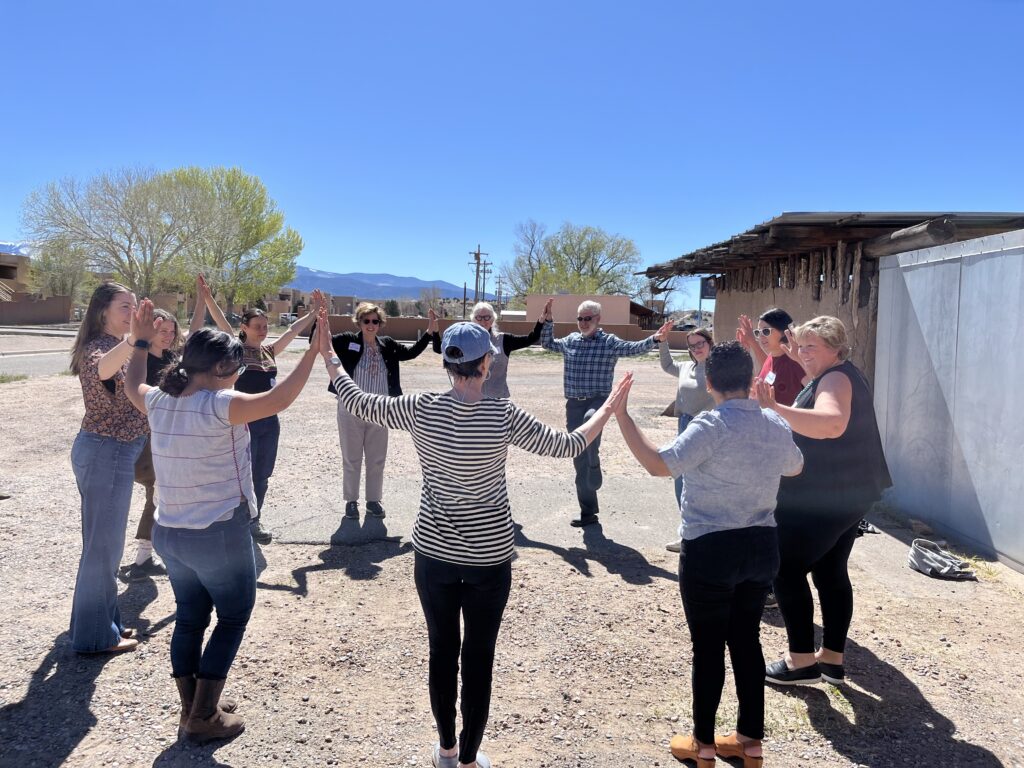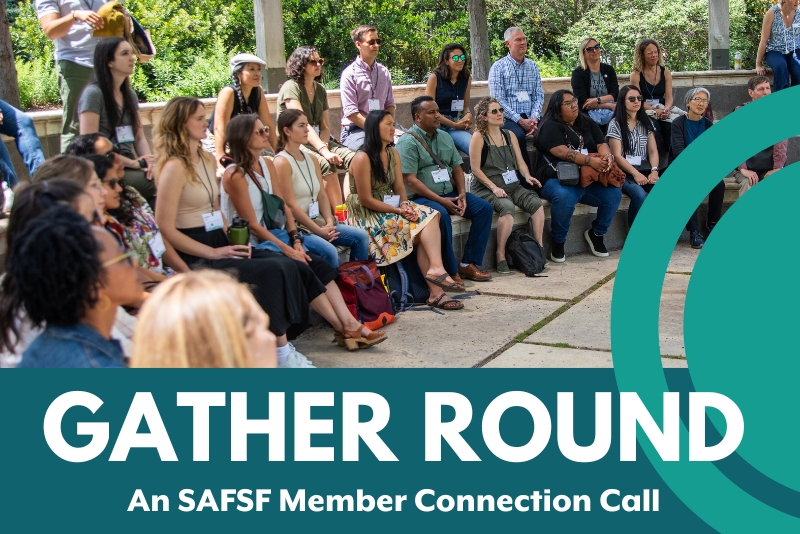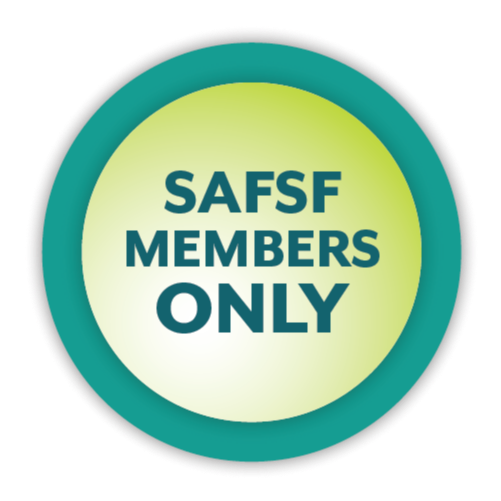
Understanding the Impact of Federal Funding Cuts to LFPA and LFSCC on Schools, Farmers, and Communities
May 7, 2025 @ 12:00 pm – 1:15 pm PDT
This webinar is open to all funders.
In March 2025, the Trump administration canceled more than $1 billion in federal spending through the Local Food Purchasing Cooperative Agreement Program (LFPA) and the Local Food for Schools Cooperative Agreement Program (LFSCC). These funds provided Tribal Nations and state agencies money to work in partnership with institutions like schools, food banks, and community organizations to purchase and distribute food from local farmers and ranchers.
The cancellation of these local food procurement programs, created under the Biden administration, has caused drastic upstream and downstream impacts across the food supply chain. Farmers who scaled up their operations to meet the market opportunities created by these programs could lose their livelihoods. Students could lose access to fresh, healthy, and local menu options. Food hubs that have spent years building local and regional economic development opportunities could be forced to drastically scale back.
Protecting and maintaining the relationships and food systems innovations forged through the last several years of LFPA and LFSCC funding is essential. Join this session for a discussion on how impacted organizations and networks are navigating and responding to these cuts, ongoing advocacy campaigns to restore them, and what is needed from funders right now.
Please note this session will not be recorded to protect the safety of speakers. Notes and key takeaways will be shared with registrants.
Speakers

Gary Besaw, Director, Menominee Tribal Department of Agriculture and Food Systems, and Director, Menominee Tribal Food Distribution Program
Gary, of Keshena, currently serves as the Director of the Menominee Tribal Department of Agriculture and Food Systems and Director of the Menominee Tribal Food Distribution Program. Gary is an enrolled Tribal member of the Menominee Nation and has served on the Menominee Tribal Legislature for 15 years, twice holding positions as Tribal Chairman, and once each as Vice Chairman and Secretary. Gary currently serves on the Shawano-Menominee Farm Service Agency (FSA) County Committee, serving his second term.
Gary has served on multiple environmental and policy committees for the Menominee Nation including 15 years as the Menominee Nation’s representative on the Wisconsin Legislature’s State-Tribal Relations Study Committee. He previously worked in Native American education at the College of Menominee Nation as Vice President of Student Services. Gary holds a Bachelor of Science in Art Education from the University of Wisconsin-Stout and a Master of Science degree in education administration from the University of Wisconsin-Madison.

Tom McDougall, Founder and CEO, 4P Foods
Tom was born and raised in the mid-Hudson Valley of New York State. He grew to love the rolling country, and learned to question the suburban sprawl that took over one cow pasture after another around his childhood home. After moving to DC to finish school, he was introduced to business concepts that had been foreign to him: corporate social responsibility, externalized costs, triple-bottom line, social entrepreneurship, true cost accounting, and others. His first job after college had him traveling back and forth to China where he saw first hand what externalized costs really looked like. He experienced the impacts that producing all of our “stuff” elsewhere had on people’s lives, the environment, and the social construct of a backyard, far far away. It was a jarring, eye-opening experience for him, one that ultimately led him to launch 4P Foods in an effort to be part of the solution.
While he and his wife were participating in a CSA (Community Supported Agriculture) of their own, and after reading one too many Michael Pollan books, Tom found himself on a life-changing path of working towards food systems change, and more broadly, business systems change. What, really, is the true purpose of business in our society? What should it be? He’d love to know your thoughts.

Katie Nixon – Co-Director, New Growth Food Systems, and Co-Director, Heartland Regional Food Business Center
Katie is the co-director of New Growth Food Systems and the Heartland Regional Food Business Center, which serves a five-state region. Plus, she is the owner and operator of Green Gate Family Farm in Wheatland, Missouri. With a deep commitment to supporting local farmers and strengthening regional food networks, Katie brings extensive experience and passion to her work.

Liz O’Gilvie – Director, Springfield Food Policy Council, and lnterim Director, Gardening the Community
After returning to her hometown of Springfield, MA, with her husband and newly adopted son in 2009, Elizabeth found her voice as a passionate and highly effective advocate for access to healthy food in the community – especially for children.
Working with the Springfield Food Policy Council, Elizabeth helped lead the campaign to build the new $21 million Springfield Culinary and Nutrition Center, which prepares healthy meals from scratch each day featuring locally grown food for district schoolchildren. She also led efforts to bring free breakfast into Springfield Public Schools classrooms as well as helping the district qualify for the federal free lunch program to counter pervasive poverty and hunger.
Elizabeth also is chair of the board for Gardening the Community, a local nonprofit organization that teaches children to grow their own nutritious food. She championed efforts to purchase land in the community to build a greenhouse, so volunteers can grow food year-round, and the beautiful new Walnut Street Community Farm Store, where people in the neighborhood can buy locally grown, pesticide-free fruits and vegetables.

Susan Lightfoot Schempf, Director, Food Systems Leadership Network, Wallace Center at Winrock International
Susan has dedicated her life’s work to building relationships of solidarity across communities, nourishing leadership, facilitating collaboration, and realizing food sovereignty. She first dug her hands in the earth as a child at Our Father’s Garden – a faith-based community farm in her hometown of Baton Rouge, Louisiana – and has been growing community through food ever since. She was the founding Executive Director of the Noyo Food Forest, a community-based organization in rural northern California, and launched the organization’s unique on-site farm to school and agricultural training program that is still in operation 20 years later. She then served as a regional Farm to Fork Manager for North Coast Opportunities, where she spearheaded countywide farm to school initiatives, supported the creation of the Mendocino County Food Policy Council, co-created the Mendocino County Approved Source program, and led the planning and design for the Mendo Lake Food Hub. After moving back home to Louisiana to attend graduate school at Tulane University Law School, Susan joined the Wallace Center in 2016 and served as Co-Director of the national organization for five years before recently transitioning to a new role as the inaugural Executive Director of the Food Systems Leadership Network (FSLN). Outside of work, Susan eagerly seeks out music, food, family, and friends (preferably together), and is almost always plotting her next tropical surf adventure.
Funder-Only Registration
"*" indicates required fields


